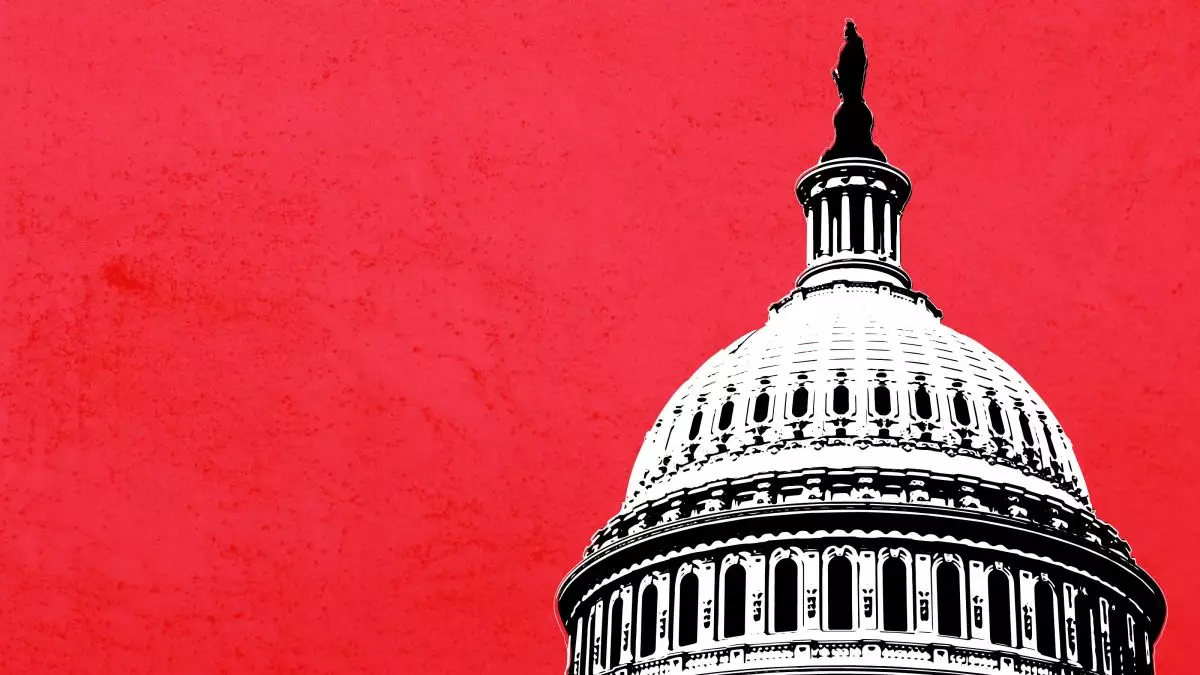In a rapidly evolving technological landscape, the implications of artificial intelligence (AI) have stirred intense discourse among industry leaders, policymakers, and the general public. At the forefront of this dialogue is the U.S. AI Safety Institute (AISI), a governmental body established with the significant task of evaluating and mitigating risks associated with AI systems. Launched as part of President Joe Biden’s AI Executive Order in November 2023, the AISI stands as a beacon of hope for those advocating for responsible AI development. Yet, its existence hangs in the balance, contingent upon Congressional approval.
The establishment of the AISI signifies a proactive approach towards AI governance. Unlike many governmental entities that react to technological advancements post-factum, the AISI was designed to address challenges preemptively. This makes the prospective disbandment of the AISI particularly alarming, especially if Congress fails to officially authorize its operations. Without such authorization, the AISI risks being dismantled if a new administration chooses to retract the executive order that birthed it, a scenario underscored by industry observers like Chris MacKenzie from Americans for Responsible Innovation.
At present, the AISI operates on a relatively modest budget of $10 million—an unremarkable figure given the magnitude of major AI initiatives clustered in Silicon Valley. The ramifications of a retracted budget could be grave, curtailing the scope and range of the AISI’s work at a time when adequate oversight is desperately needed. As MacKenzie points out, organizations that receive formal authorization from Congress usually find themselves in a more favorable position for funding. This stability could enable the AISI to position itself as a long-term player in the sector, thus enabling it to implement impactful programs and foster partnerships with the growing number of stakeholders in AI.
The call for Congressional action has gained traction, with over 60 organizations—including industry giants like OpenAI and Anthropic—urging lawmakers to enact legislation that solidifies the AISI’s foundation. Such widespread support speaks volumes about the perceived importance of the institute within the broader tech ecosystem. Both the Senate and the House have advanced bipartisan proposals to authorize the AISI, highlighting a growing recognition of the necessity for effective regulatory frameworks in managing AI technologies.
Despite this positive momentum, the AISI faces obstacles rooted in broader political and ideological divisions. Some conservative lawmakers, including figures like Sen. Ted Cruz, have raised concerns about various aspects of the AISI’s approach, particularly its focus on diversity initiatives. This opposition signals a potential fracturing within Congress that could delay or thwart the necessary authorization the AISI needs to thrive.
More than just a bureaucratic hurdle, the discussions surrounding the AISI reveal deeper societal rifts concerning technology, governance, and equity. The argument presented by skeptics that the AISI’s voluntary guidelines represent a toothless regulatory framework misses a fundamental point: the institute’s value lies not merely in enforcement but also in fostering dialogue and collaboration across the industry.
One of the most compelling arguments for safeguarding the AISI is the geopolitical landscape in which the U.S. finds itself. As countries around the world ramp up their own AI initiatives and safety frameworks, there is a palpable risk that the U.S. could fall behind. International collaborations, like the one established during the May 2024 AI summit in Seoul, exemplify the steps other nations are taking to lead in AI safety standards. The formation of a global network of AI Safety Institutes poses a direct challenge to U.S. leadership in this critical field.
Jason Oxman, president and CEO of the Information Technology Industry Council, voiced this concern succinctly, emphasizing that Congress must act promptly to ensure that America retains its competitive edge in AI innovation. Authorizing the AISI would not only provide clarity regarding its role but also reinstate the United States as a front-runner in the global race for AI leadership, safeguarding its technological supremacy in the long run.
The establishment and continuous funding of the AISI are imperative for a secure and robust future in AI. As industry leaders and organizations stand unanimously in support of this initiative, members of Congress are entrusted with the critical role of safeguarding the structure aimed at balancing innovation with responsibility. The time to act is now, as the repercussions of inaction could not only undermine U.S. efforts in AI governance but also pose significant risks to its global standing in emerging technologies.

